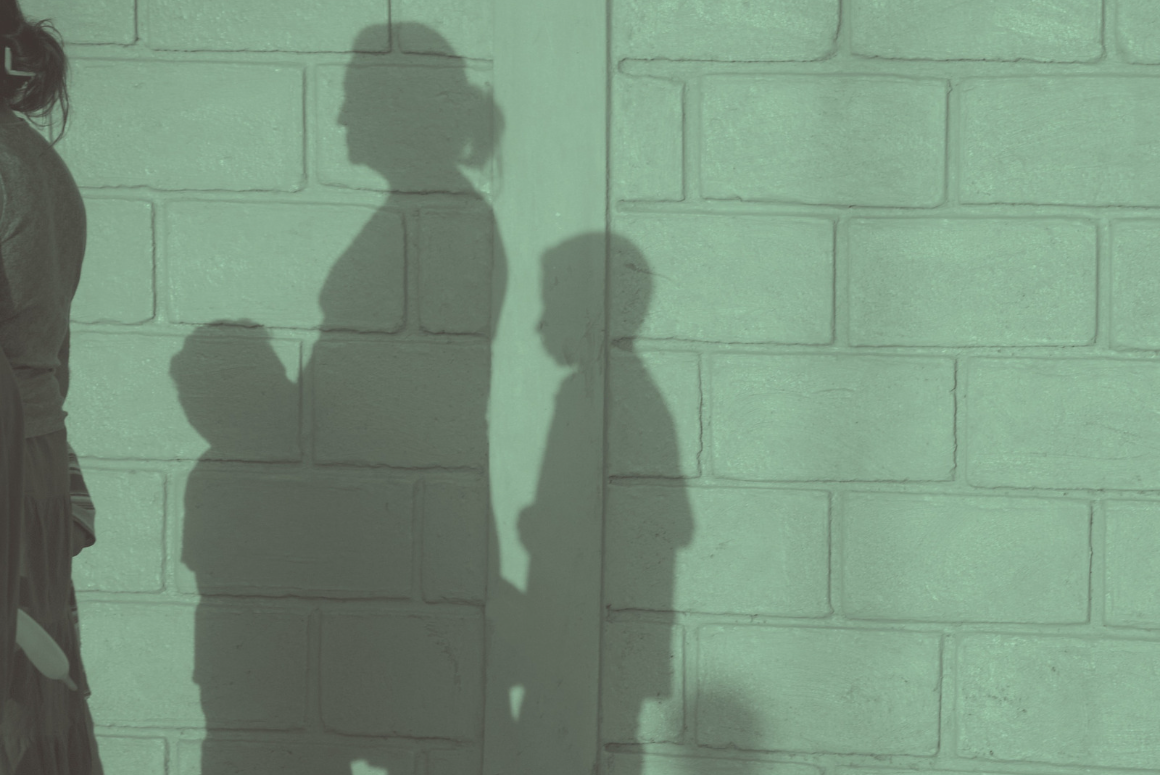A bill before the Nevada Legislature would transform a generation of Nevadans born into poverty, proponents say.
By Ryan Vortisch, Legislative Reporter, ACLU of Nevada Foundation
A bill before the Nevada Legislature would transform a generation of Nevadans born into poverty, proponents say.
The United States has one of the highest rates of wealth inequality with around 80% of the nation's wealth being unequally distributed in favor of white households. Assembly Bill 28 — otherwise known as the Nevada Baby Bonds Program — plans to balance the economic playing field by offering low-income children the opportunity to receive a trust fund they can use as adults for attending college, purchasing a home, or starting a business.
Addressing the Wealth Gap
If passed, the Nevada Baby Bonds Program would provide a trust fund to all children eligible for Medicaid or the Children's Health Insurance Program at birth. The Nevada Treasurer's Office would deposit $3,200 into a trust that will accrue interest for 18 years until the fund balance reaches about $10,635. Beneficiaries can claim their trust between ages 18 and 30.
State Treasurer Zach Conine presented the bill on Feb. 21 to the Assembly Committee on Government Affairs and said it is the largest proposed investment to combat generational poverty in Nevada history. He said the program will require an initial budget of $80 million but believes over time the program will pay for itself.
"It costs way too much money to deal with the prolonged effects of generational poverty in our state," Conine said. “That's why finding ways to address it isn't just the right thing to do, it’s the fiscally responsible thing to do."
Civil rights advocates at the ACLU say the proposal will level the playing field for children of color, rural communities, and others struggling with poverty by allowing them to begin their adult lives with the economic resources they need to build long term economic security and generational wealth.
“Wealth inequality has increased sharply over the past several decades due to long history of government and private sector policies and practices,” said West Juhl, director of communications and campaigns for the ACLU of Nevada. “We know that the best way to build wealth is to have wealth to begin with, so this kind of investment can be transformational for a generation of folks who were born into poverty through no fault of their own.”
Reexamining an old idea
Baby Bonds proposals resemble an idea economists William Darity Jr. and Darrick Hamilton came up with more than a decade ago. Darity explains that the program was intended to address wealth and financial disparities across the U.S., which he said has one of the most unequal distributions of wealth in the world.
"Point-one percent of the wealth holders in the United States possess more than 20% of the nation's wealth," Darity said. "It's an immensely disproportionate concentration of economic security and economic opportunity."
California, Washington, Connecticut, and Washington D.C. have all adopted or considered similar programs to address economic inequality in recent. States vary regarding how funds are distributed, but Nevada's program mirrors Connecticut's with an initial deposit that will accrue interest at 6.9% over the years.
Guardrails for beneficiaries
Conine assured lawmakers that the program will include guardrails to ensure young people are equipped to manage the funds coming their way.
"I recognize that 18-year-olds sometimes don't make the best financial decisions," Conine said, adding that financial literacy resources will be made available for all beneficiaries.
The funds can also only be used for specific things within the state, including attending college, purchasing a home, or starting a business.
Ryan Vortisch is the 2023 legislative reporter for the ACLU of Nevada Foundation. He lives in Reno and attends the University of Nevada.

